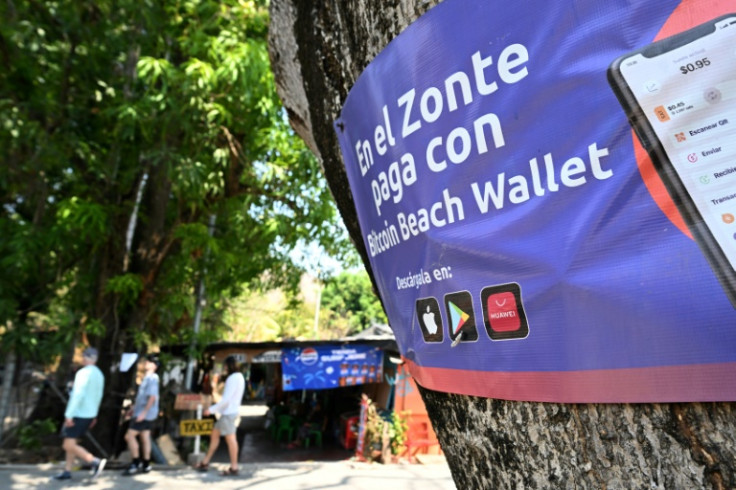
KEY POINTS
- The IMF previously warned El Salvador of Bitcoin-related risks but the country has stuck to its strategy
- It also discouraged plans for further exposure of government funds to the digital coin
- The fund acknowledged El Salvador's growth and confirmed a funded program is possible, but the Bitcoin debate remains
The International Monetary Fund (IMF) is in talks with El Salvador for a potential "IMF supported program," but the United Nations' financial agency wants to address risks related to Bitcoin first, the fund's Communications Department said Thursday.
Speaking at an IMF press briefing Thursday, Julie Kozack was asked regarding buzz around the possible removal of Bitcoin's status as legal tender in El Salvador and a possible program for the country that will be funded by the IMF.
Kozack noted that IMF staff are continuously engaging "constructively with the Salvadorian authorities with the objective of reaching an agreement on an IMF supported program." She added that the discussions are centered around El Salvador policies that seek to improve the country's external sustainability. Talks also include factors that could boost the country's productivity growth and ways through which economic governance can be strengthened.
Finally, she confirmed that Bitcoin was included in the conversations. However, she was straightforward about risks associated with the world's largest cryptocurrency by market cap. "Addressing risks arising from Bitcoin is a key element of our discussions with the [Salvadorian] authorities," she noted.
She acknowledged El Salvador's real gross domestic product (GDP) growth last year, as driven by construction activities and tourism. She said robust remittances and a "much-improved security situation" helped drive such growth in the two mentioned sectors.
Kozack's comments regarding El Salvador's Bitcoin use comes a year after the IMF warned the country of risks related to its push toward wider adoption of the digital coin. "While risks have not materialized due to the limited Bitcoin use so far – as suggested by survey and remittances data – its use could grow given its legal tender status and new legislative reforms to encourage the use of crypto assets," the fund said at the time.
It then warned that "given the legal risks, fiscal fragility and largely speculative nature of crypto markets," Salvadorian authorities should reconsider plans of expanding government exposure to the world's first decentralized cryptocurrency.
Despite the IMF's earlier warning, El Salvador under President Nayib Bukele continues to amass Bitcoins, one each daily. On-chain data showed that the country has been staying true to its promise of buying one Bitcoin daily.
Last month, Bukele revealed that El Salvador has transferred a large amount of its Bitcoin holdings of around $400 million to a cold wallet. It is worth noting that the transfer was made when the digital currency was on a bull run, hitting $73,000 to ultimately erase its previous all-time highs below $70,000 late in 2021.







